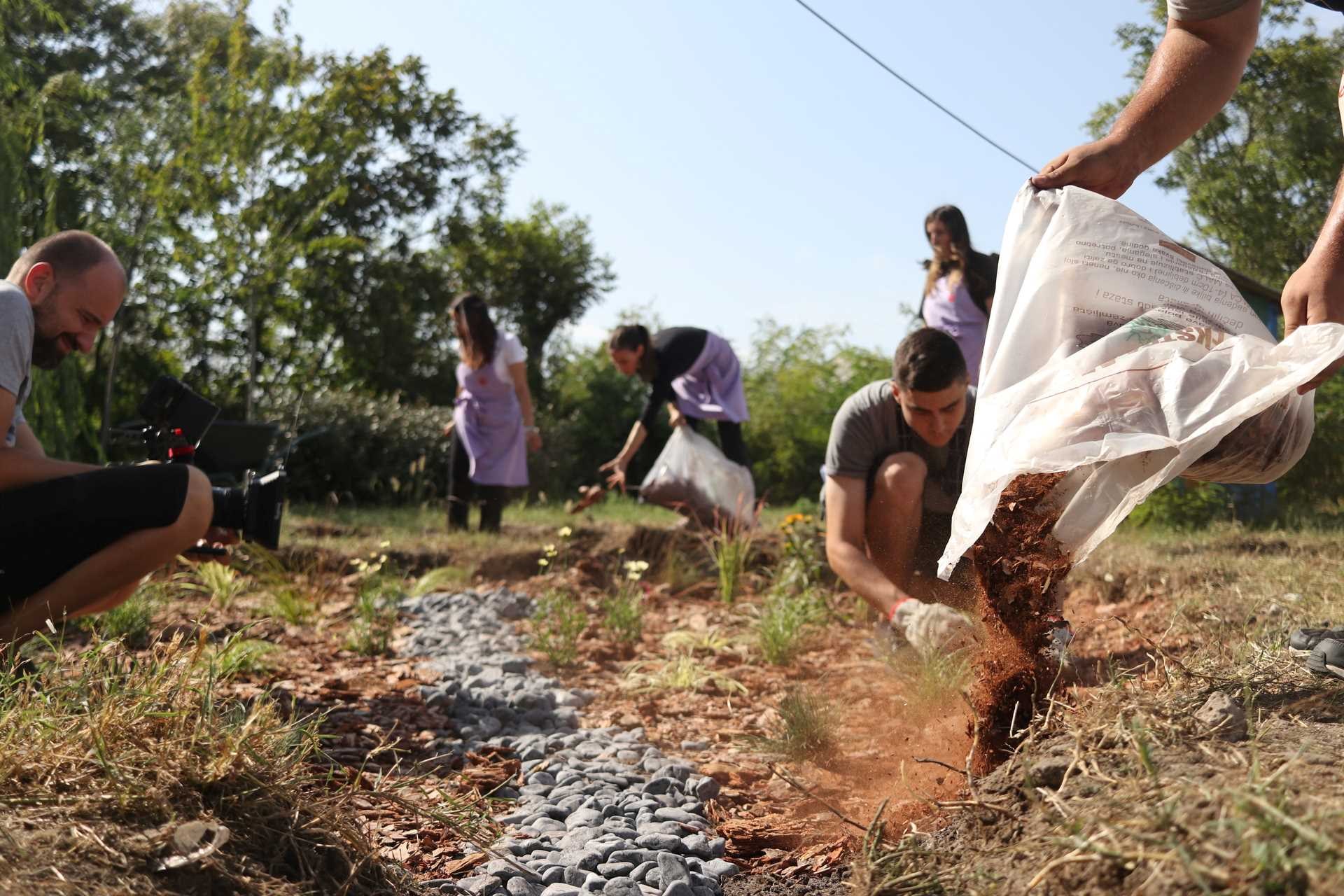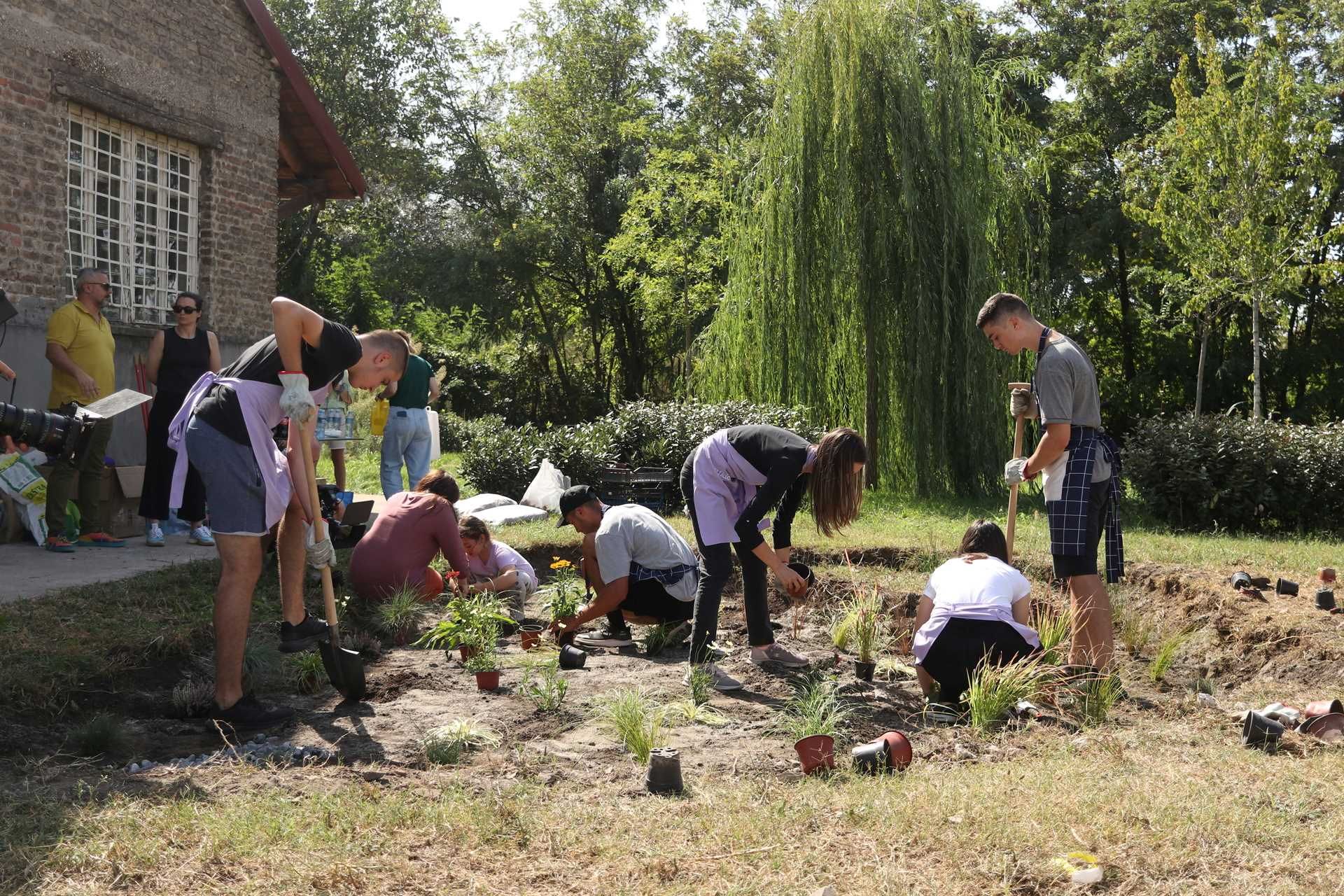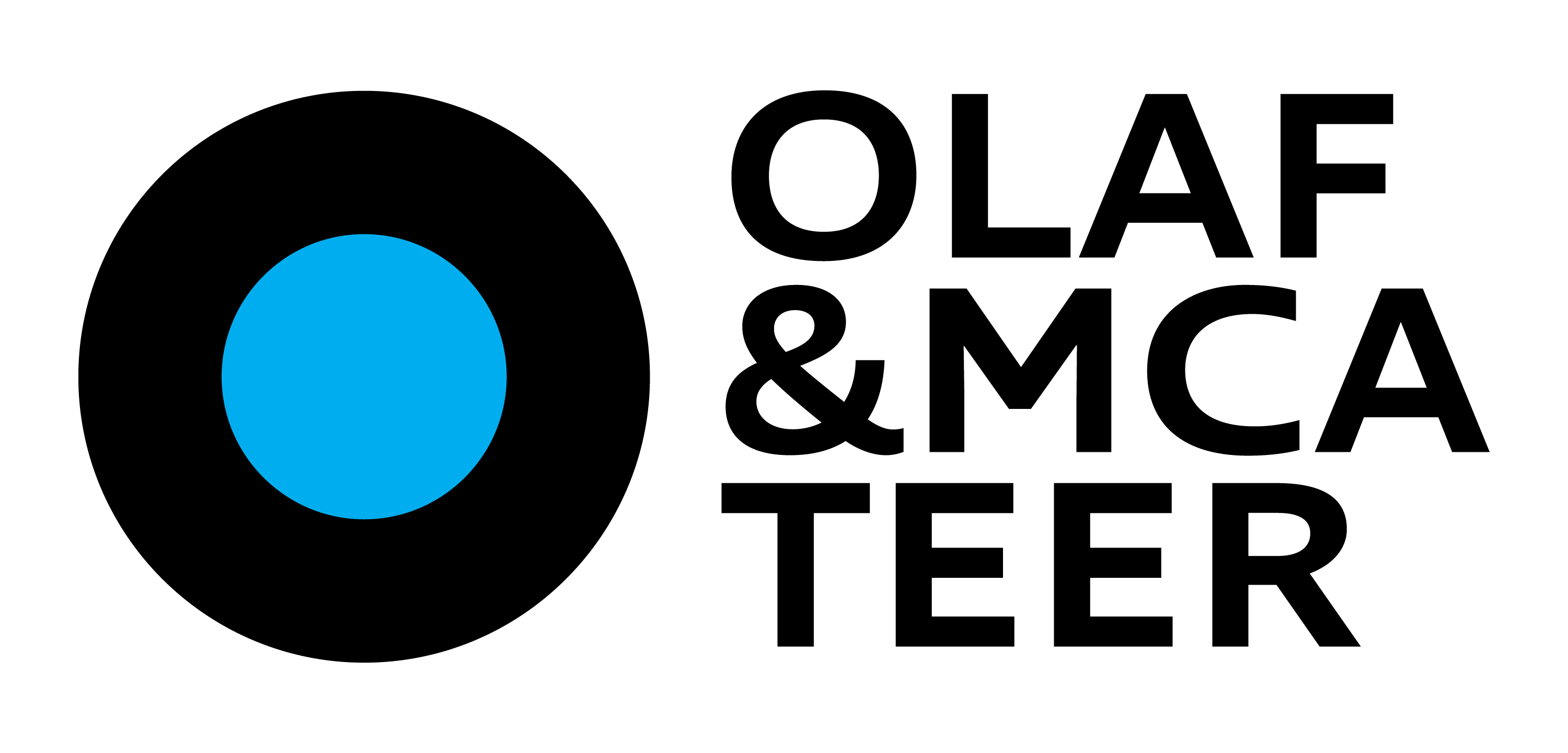
Gastrošor home to the first Belgrade rain garden as part of “Niklo kao ja” project
Belgrade became one of ten cities in Serbia that got its rain garden – an urban green area that will reduce the consequences of heavy rains, floods, and landslides in urban areas. This garden is part of the “Niklo kao ja” project which addresses the consequences of climate change. The project is implemented by A1 Serbia with the support of the European organization Propulsion and the Faculty of Forestry of the University of Belgrade.
With the support of citizens, a team of professional gardeners planted the rain garden in Gastrošor, the city’s new popular location just a kilometre from Republic Square. The citizens of Belgrade also had the opportunity to participate in a special, open workshop, where they could learn more about the concept of rain gardens.

Gastrošor, located in the old industrial zone in the heart of Belgrade, was imagined as a place that gathers the local gastronomic scene and helps its further promotion globally. Once a closed warehouse complex next to the former Dorćol railway, today it is a gastro-park with restaurants and gastro-bars just a kilometre from the Republic Square, and with a third of its area envisaged for new, completely renovated green areas, available to all visitors.
“We chose Gastrošor as the right location for the rain garden because the team there already formed large green areas in a place where until recently, there was construction waste and soil that became completely inadequate for planting during industrial exploitation. We contributed to this initiative, and in Gastrošor we are also planning educational workshops for children on how to grow plants and how to relate to nature in general, to expand such gardens all around Belgrade. For the rain garden, we used authentic seedlings and materials characteristic of this area,” said Amela Greksa, the landscape architect of the project.
The main purpose of the rain garden is to mitigate the effect of the climate crisis on urban environments. A rain garden is a simple system – planting in conical beds in the ground, a small depression that collects water during heavy rainfall, and retains moisture as long as possible during dry periods. These planting pits contain hardy plants and mulch. Rain gardens, although primarily associated with environmental conservation, also have a significant impact on mental health and contribute to the quality of life of all of us. These natural environments provide space for relaxation. Physical contact with nature while gardening or simply being in it can reduce stress, improve mood, and reduce anxiety symptoms.
The rain garden in Belgrade, together with the remaining nine rain gardens from Serbia, will be presented on the website www.svetkakavzelis.rs , where voting for the most beautiful will take place, but what is even more important is that 10 cities in Serbia will get rain gardens. Actress Miona Marković and travel writer and TV author Andrej Maričić as official supporters of the project will take part in the design of the gardens.
“We witness the consequences of climate change every day, from heavy rainfall and storms through tropical nights to air pollution. That is why I believe that rain gardens come at the right time and will help preserve the environment and mitigate the consequences of climate change. At the same time, we want rain gardens to be an invitation to all citizens and companies to join this important cause. Because only together can we create positive changes” – said Dejan Turk, CEO A1 Srbija and A1 Slovenija.
By applying advanced ESG standards, A1 Srbija continuously invests in achieving climate neutrality by increasing the share of solar energy in the supply of its base stations network, boosting energy efficiency in business operations, and respecting circular economy principles. In line with this, A1 is the first telecommunications company in Serbia to have started using solar panels in infrastructure networks, intending to reach 5,600 by the end of 2023, which is enough energy to power as many as 750 households. In 2022, A1 Serbia reduced total CO2 emissions (Scope 1 and 2 – electricity, heating, fuel) by as much as 33%. Also, this is the first company in Serbia to introduce Eco Rating. This international methodology evaluates the environmental impact of mobile phones, to motivate and inspire users to make ecological choices, and the entire mobile phone industry to accelerate the transition to a circular economy model for mobile phones.
Related posts
A1 Serbia launches educational game to promote online safety for children
This initiative is part of A1 Serbia’s broader ESG strategy, aimed at ethical technology use
Pet Day: Mars reminds us of the importance and benefits of pet adoption
362 million dogs and cats worldwide currently live on the streets or in shelters
IKEA unveils new edition of Its iconic STOCKHOLM collection
The latest edition features a wide range of furniture, textiles, lighting, and decorative pieces




